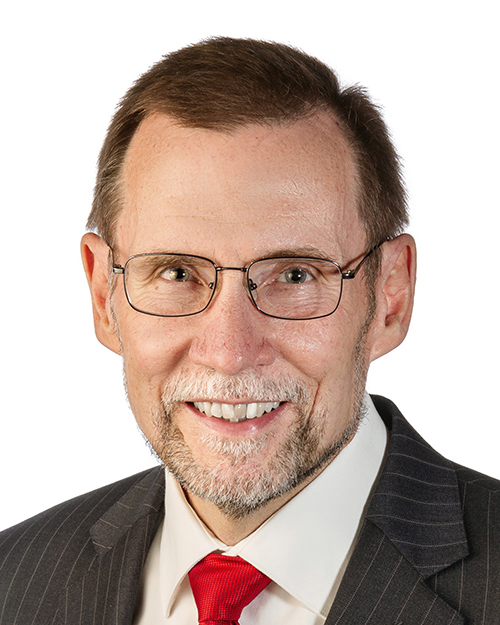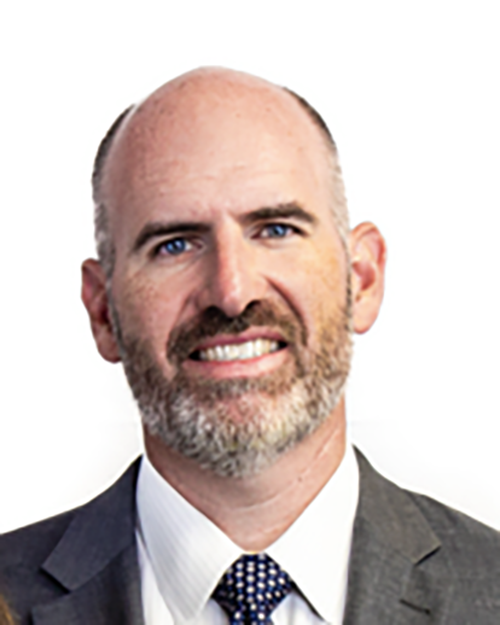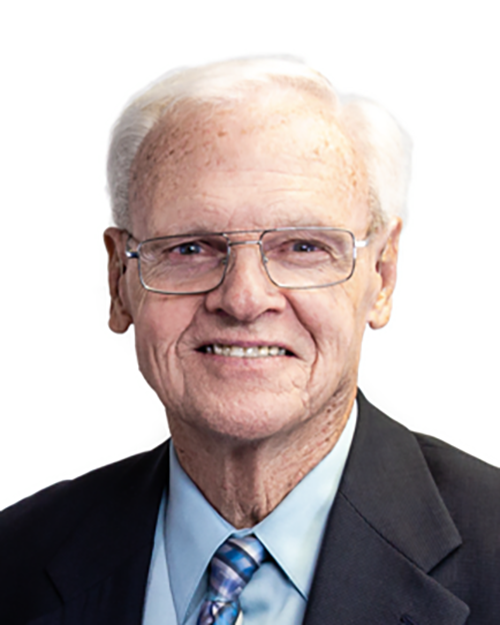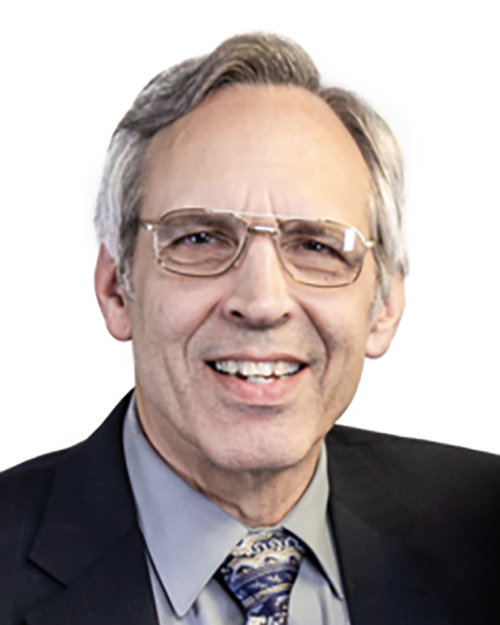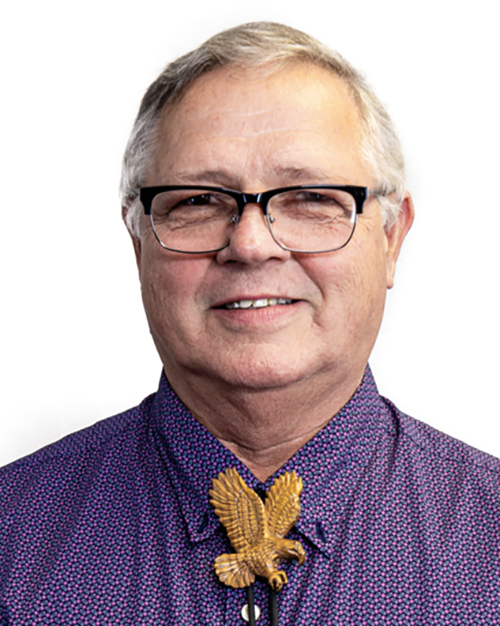Leadership
The Organization of the Church
The word “church” is used in two senses in the New Testament. In a universal sense, it identifies all the saved down through the ages (Matt. 16:18; Eph. 1:22-23; etc.). It is made up of those who are obedient to the gospel. The church has no organization in the universal sense, and any attempt to activate/organize the church universal is unscriptural.
Used in a local sense, the church refers to disciples who assemble in local congregations for the sake of spiritual fellowship, work and worship (1 Cor. 1:2; Rev. 1:11; etc.). The local church constitutes the end of God’s plan of organization for his people. Any attempt to form an organization larger than the local church is a departure from the divine pattern. Every activity of the church is to be done through the local congregation.
God has set forth various offices in the church (Eph. 4:11-13; cf. Acts 1:20; 1 Tim. 3:1). Certain functions are historical: apostles and prophets, holding offices of revelation and confirmation, actively served during the infancy of the church. Others fulfill an ongoing need: evangelists, pastors and teachers provide oversight and instruction.
Elders
Terminology
First we must look at the terminology used in the New Testament to describe this office. Three Greek words (translated into six English words) refer to the same office and function (Acts 20:17, 28; Titus 1:5-7; 1 Pet. 5:1-4).
Presbuteros, translated “presbyter” or “elder,” refers to “an old/older man, i.e., one relatively advanced in age.”
Episkopos, translated “bishop” or “overseer,” denotes “a superintendent, guardian, one who has the responsibility of safeguarding or seeing to it that something is done in the correct way.”
Poimēn, translated “pastor” or “shepherd,” refers to “one who acts as a shepherd, tending the sheep, watching out for others.”
Plurality Required
According to the New Testament pattern, a plurality of elders should be found in every church (Acts 14:23; 20:17; Phil. 1:1). Any attempt to ignore this pattern is unscriptural. One man rule , as reflected in the pastor system, is not consistent with divine revelation.
Extent of Oversight
The oversight of elders is limited to the local congregation of which they are members (Acts 20:17, 28; 1 Pet. 5:1-4). Shepherding must be done directly, not at a distance. The sponsoring church arrangement imposes an unscriptural hierarchy upon the New Testament pattern of local autonomy.
Qualifications
The selection of elders should be carefully guarded. The Lord has provided strict requirements pertaining to their character, reputation, habits, domestic relationships, and experience (1 Tim. 3:1-7; Titus 1:5-9).
Duties
-
Elders are to Watch (Acts 20:28-32; Titus 1:7-11; Heb. 13:7, 17).
-
Elders are to Rule (1 Tim. 5:17; Heb. 13:7, 17; 1 Pet. 5:1-4).
-
Elders are to Work (Acts 20:25-35; 1 Pet. 5:1-4; 1 Thess. 5:12-14; 1 Tim. 3:1).
Darin Henry, Elder
Mark Mayberry, Elder
Deacons
Duties
A deacon holds, not an honorary office, but a position of responsibility and work. The Greek word diakonos, translated “deacon,” refers to “a servant, minister, one who executes the commands of another, one who gets something done, at the behest of a master/superior.”
Deacons are not “junior elders.” Rather, they work under the oversight of the elders, serving the needs of the church, fulfilling a variety of functions. Through delegation of various duties, elders are able to focus upon the spiritual care of the congregation (Acts 6:1-7; Phil. 1:1).
Qualifications
Deacons should exemplify Christianity in their daily lives. The qualifications of deacons differ from those of elders only in terms of maturity and family requirements (1 Tim. 3:8-13; cf. Acts 6:3).
Pat Bradford
Brandon Chiasson
Craig Lawrence
Jake Locklear
Forrest Morris
John Partain
Larry Roskos
Bruce Turner
Evangelists
Duties
The word “evangelist” refers to “one who proclaims good news or brings good tidings.” Gospel preachers reveal the joyous message of salvation. They should not be confused with elders in their work.
Evangelists should faithfully preach the word, exposing error and falsehood, presenting the truth in an accurate and understandable manner (1 Tim. 1:3-4; 4:6-7; 2 Tim. 4:1-5; Titus 3:8-11).
Qualifications
-
An evangelist should keep himself pure (1 Tim. 5:22). Being careful about his own life and teaching, he serves as an example to those who believe (1 Tim. 4:12-16).
-
He should be gentle, apt to teach, patient and forbearing (2 Tim. 2:24-26).
-
Nevertheless, he must be uncompromising in his stand for the truth (2 Tim. 3:14-4:5).
Mark Mayberry, Evangelist
Teachers
Duties
Teaching is a very important part of the work of the local congregation. Each of us should prepare ourselves to teach (Heb. 5:12-14; cf. Acts 8:4; Ezra 7:10). There are many opportunities we have in this regard. There are many around us who are lost in sin and need to hear the gospel. Our own children and teenagers must receive instruction and training if they are to remain faithful when they grow up.
Qualifications
We must start with a love for souls and a willingness to make sacrifices in order to teach others. The teacher must set the proper example in his or her own personal life. The teacher must have a good knowledge of the Bible, and a profound respect for the inspired Word of God. He or she should prepare (2 Tim. 2:15), pray (1 Pet. 3:12), be patient (1 Thess. 5:14), and persevere (Gal. 6:9). The teacher should be careful not to expect too much or too little of his students. He should not become discouraged when the class does not fully respond, but should dedicate himself more fully to his task. Teachers should strive to provide a positive class where students will want to learn God’s word.
Active Members
Too often church members feel that elders, deacons, preachers, and teachers do all the work in the local congregation. Such individuals may think there is nothing for them to do. This is not true! Each member is an important part of the body, and can make a valuable contribution to the welfare of the whole. To the extent that any member does not meet his responsibility, the entire body falls short of its God-given mission (1 Cor. 12:12-31; Rom. 12:4-8).
Conclusion
As you can see, God has set various offices in the church. Some Christians may perform special duties, but all must be workers. Let us all, therefore, be active in serving the Lord.

